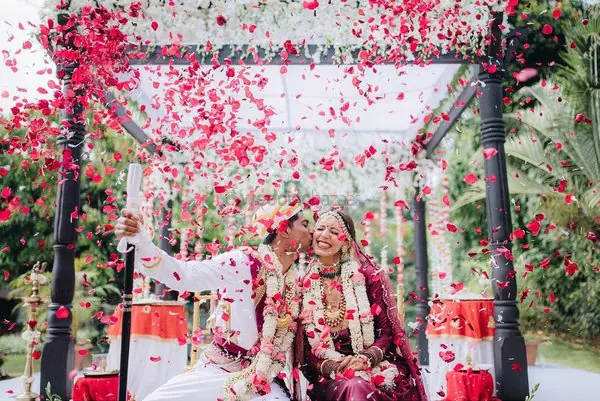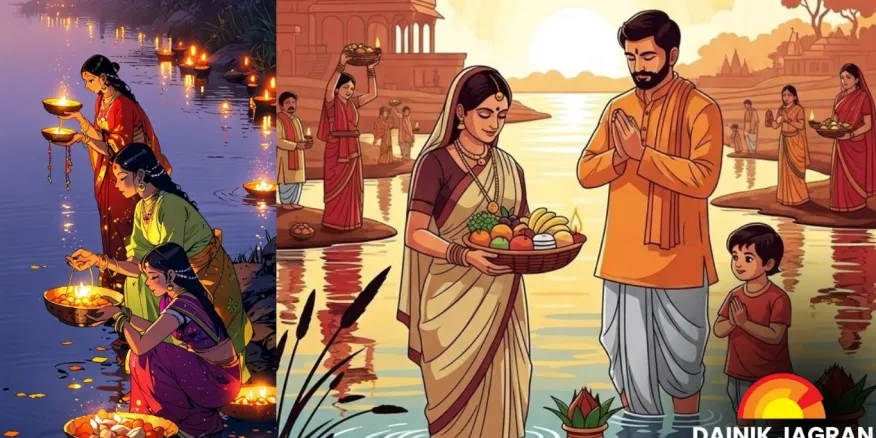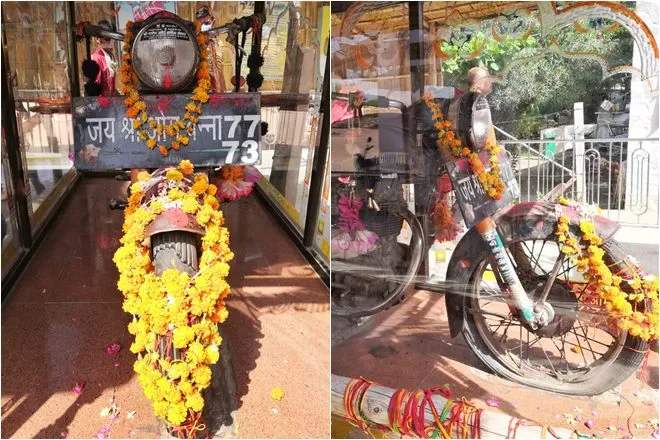Now Reading: No Priests, No Fire: The Wedding Rituals That Set Coorg’s Kodavas Apart
-
01
No Priests, No Fire: The Wedding Rituals That Set Coorg’s Kodavas Apart
No Priests, No Fire: The Wedding Rituals That Set Coorg’s Kodavas Apart

Tucked in the misty hills of Karnataka, Coorg is known for its coffee estates, dense forests, and cool climate. But beyond the scenery lies a community with cultural practices unlike most others. The Kodavas—originally martial people native to the region—follow wedding rituals that break away from typical Hindu customs. Their marriage ceremonies are rooted in ancestral pride, respect for elders, and a deep connection to their land and identity.
A wedding without mantras or priests
Kodava weddings don’t have priests chanting mantras or a sacred fire around which the bride and groom circle. Instead, the rituals are conducted by the elders of the family, typically in an open courtyard. There’s no elaborate pandal or Sanskrit verses—only simple instructions, blessings, and meaningful gestures passed down through generations.
In this tradition, it’s not about religious texts but about community acknowledgment. The marriage is considered valid when the elders bless the couple, rice is thrown as a symbol of prosperity, and the couple walks hand in hand before family and friends.
The bride enters with a dagger
One of the most symbolic moments in a Kodava wedding is when the bride walks in carrying a traditional odi kathi—a ceremonial dagger. It’s not a threat, but a sign of pride and heritage. The dagger, once a tool of war, now represents strength, equality, and the warrior legacy of the Kodavas. It’s also a visual cue that Kodava women are respected and empowered within their community.
The groom, meanwhile, wears a traditional Kupya (knee-length coat), with a red chale (sash) and a dagger of his own. The emphasis is on martial elegance rather than ornate extravagance.
Feasting over fasting
Unlike many Indian weddings where fasts and rituals dominate the day, Kodava weddings are celebratory and community-driven. There’s music, traditional dancing (bolak-aat and ummatt-aat), and of course, food. Pork is a central dish—cooked in traditional style—along with local wines and homemade treats.
Guests are welcomed warmly, not based on caste or religious background but as part of a shared celebration. It’s less about grandeur and more about authenticity and togetherness.
A system rooted in equality
The absence of a priest is not just a quirk—it’s a statement. Kodava marriages reflect the community’s long-held values of gender balance and autonomy. The fact that elders, not religious leaders, conduct the wedding gives power to the people closest to the couple. Women participate equally in rituals, decision-making, and celebrations.
This structure also makes weddings more intimate and less commercial. For many, especially in India’s Tier 2 cities looking to balance tradition with modern needs, the Kodava way offers an example of how ceremonies can be meaningful without being overwhelming.
In conclusion
Kodava wedding traditions aren’t just customs—they’re a mirror to a community that values heritage, respect, and simplicity. In a country where weddings often turn into week-long spectacles, Coorg’s Kodavas show that less can truly be more. Theirs is a celebration of roots, relationships, and rituals that remain quietly powerful—unchanged yet relevant, simple yet rich.

























